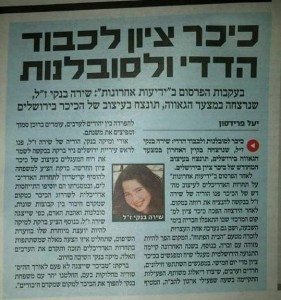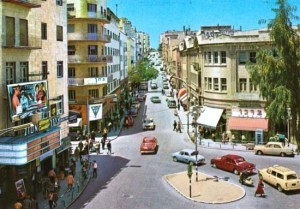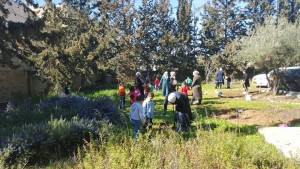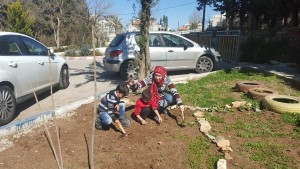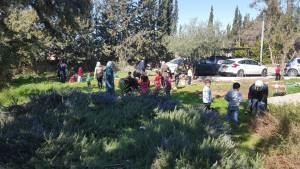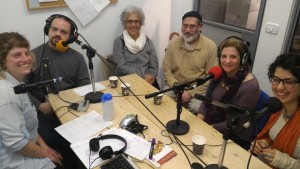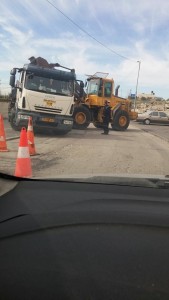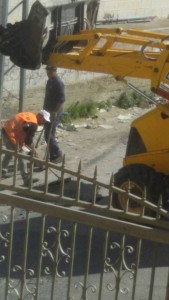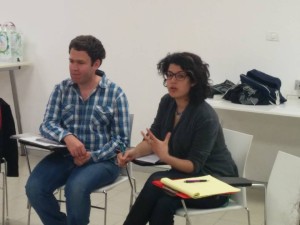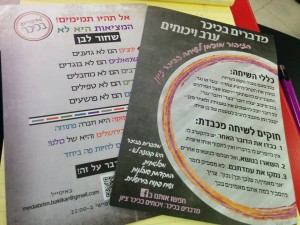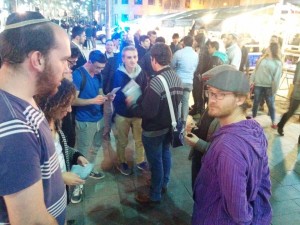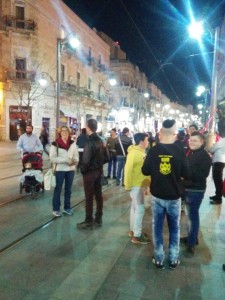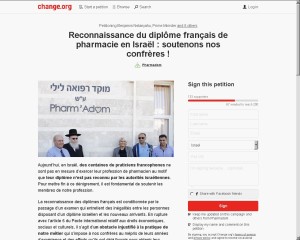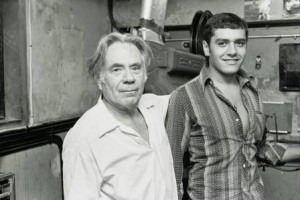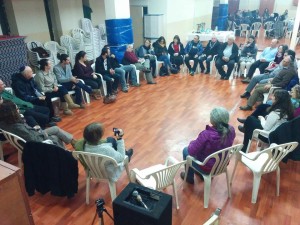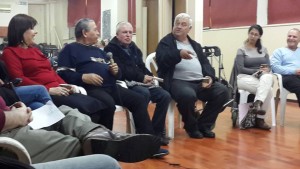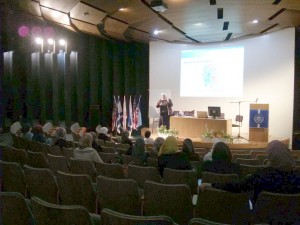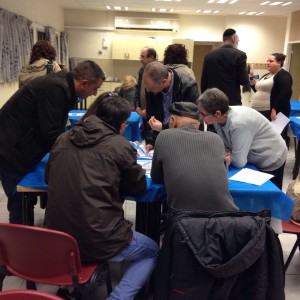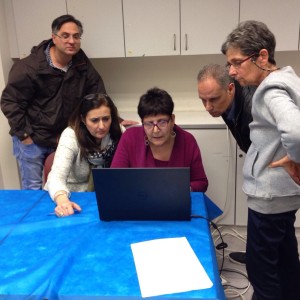It’s Official: Zion Square is branded as a Square for Tolerance and Dialogue!
In summer 2014, Kikar Zion (Zion Square) in Jerusalem became a hot spot and flash point of racism and xenophobia. It was not the first time for the Square (read here about its history), but this new wave began after the kidnapping and murder of three Jewish boys in June 2014 seemed to usher in a new era of constant violence and tension in downtown Jerusalem.
However, something unexpected happened. A group of activists came to the Square, in the beginning to mourn the murder of the three Jewish boys, and then the murder of the Arab boy, Muhammad Abu Khdeir. But unlike other activists who shouted slogans at one another and sometimes escalated to violence, these activists showed empathy and suggested dialogue, even to those who perceived them as the ‘enemy.’ These activists came from the entire political spectrum, and eventually adopted the name, Medabrim Bakikar, (Speaking in the Square). Theirs is an exciting story, the story of hope for the Square, for Jerusalem and hopefully for the region. You can read more about these brave activists here, in our last blog post about them, or by clicking on the Promoting Tolerance in Jerusalem Activism category. Many of the posts there are about them. Speaking in the Square is an independent group but the JICC helps them in many ways, with the support UJA-Federation of New York and the Jerusalem Foundation.
When Speaking in the Square began in Zion Square it was scary to sit on the ground or speak about politics in the darkness. Violence and hatred were in the air. With time, their persistence in coming every week and speaking about about dialogue in the square as well as on social media, the atmosphere changed. Many heard about this miracle of dialogue and then other groups were able – and wanted – to come. It was natural, then, that when there was a murder during the Gay Parade of 2015, the vigils of mourning and calls for tolerance did not take place at the point of murder, but instead at Zion Square. This is when we first understood that Speaking in the Square had succeeded in “re-branding” the Square to a Square of Tolerance and Dialogue. In the wake of the murder this past summer, Speaking in the Square were joined by the Yerushalmit Movement, the Jerusalem Open House, top municipal officials, and others who started to arrive to promote these values in the Square.
But now, it is official!!!! The municipality announced that Zion Square will officially become a ‘Square of Tolerance.’
The Municipality has recently announced an architectural competition to re-design and re-brand Zion Square. And this new design must include elements that advance tolerance and mutual respect.
Mayor Nir Barkat noted on the Jerusalem Municipality’s Hebrew web page and on his Facebook page, “From a square that has many times represented disputes within society, we decided, together with the Banky family [whose daughter, Shira, was murdered during the Gay Pride parade in August 2015], to turn the Square into a place that advances connections, tolerance and mutual respect, just like Shira, z”l. I am sure that it will be a fascinating, important and value-laden challenge to the architectural competition – that will add a great deal.”
This accomplishment is the result of the collective work of all those who continue to speak, talk, discuss and argue in Zion Square.
And they’ll even be able to influence the physical aspects of the public sphere – At the request of the competition organizers, Speaking in the Square and other Zion Square activists are meeting on Sunday, March 6 to brainstorm design ideas for the new Zion Square.
We’ll definitely keep you updated!
We must thank again the the UJA-Federation of New York and the Jerusalem Foundation for their support of our efforts to promote tolerance in the public sphere in Jerusalem. Without their help, we could not impact the squares of Jerusalem!

